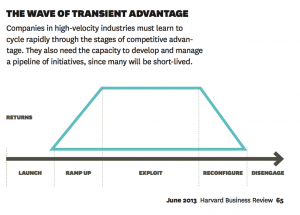While reading this article, I noticed that there were many parallels in between the way the Canadian government handles aboriginal affairs and Abaka Energy Solutions. Abaka Energy Solutions strives to “empower the world’s underdeveloped communities through the application of solar and wind energy technologies”. Similarly to how early versions of the Indian Act were “clearly aimed to assimilate First Nations”, Abaka’s first project aims to educate the underdeveloped community of Kiseru. Abaka plans to introduce and sell solar electric systems to the people of Kiseru, and set up a community center to serve as a hub for education on these new technologies.

Seeing these parallels makes me wonder if Abaka’s ‘solutions’ are ethically sound. Perhaps people of Kiseru do not want to learn to use the new technologies. In Abaka’s business plan, there is no mention that the people of Kiseru requested a ‘solution’ to their current situation. Nonetheless, Abaka shares that they want to ‘expose’ the community to renewable energy and entrepreneurship. Although Abaka assumes that their energy solutions will have a positive effect, it is a little worrisome that they want to make big changes to a society. Hopefully providing an energy alternative is not forcing anything into or out of Kiseru culture.
Image: http://realtybiznews.com/wp-content/uploads/2011/12/green.jpg




